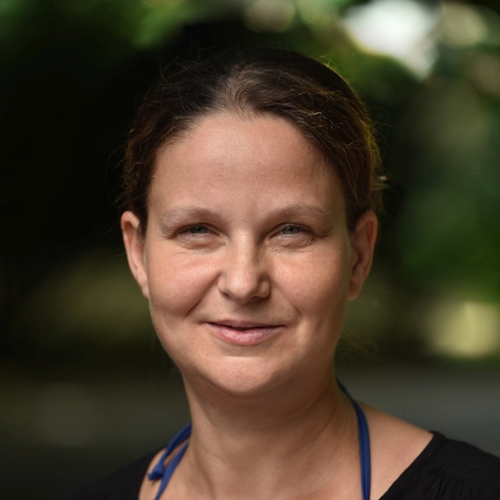THESys Project
Exploring the Impact of Biodiversity on Urban Health
Building on the successes of EdiCitNet and the HealthyLiving projects, the Research Group Multifunctional Landscapes at IRI THESys is collaborating with the Center for Preventive Medicine and Digital Health at the Medical Faculty Mannheim (Heidelberg University) to explore how biodiversity influences human health. Funded by the German Federal Ministry of Education and Research (BMBF), this project falls under the Research Initiative for the Conservation of Biodiversity (FEdA), pushing the boundaries of our understanding of the vital links between biodiversity and human well-being.
Tackling Urban Health Challenges
City life often brings health challenges like heat islands, social isolation, and a lack of nature connection. Observational studies suggest that diverse community gardens, featuring elements like wildflower meadows and deadwood, can alleviate these issues by reducing stress and loneliness, encouraging physical activity, and fostering nature interactions. Yet, the widespread adoption of such gardens needs more solid evidence from rigorously designed studies.
HEBEDI’s Innovative Approach
HEBEDI delves into the effects of biodiversity in community gardens on both human health and urban biodiversity. By randomly assigning garden spaces to either biodiverse or less biodiverse setups, this study not only examines correlations but also uncovers the causal impacts of biodiversity on human health. The focus is on the physical, psychological, and social health of garden users, alongside both perceived and objectively measured biodiversity. The project also seeks to understand the mechanisms behind these effects, identifying barriers and supportive factors that influence the health benefits of garden use. With these insights, the HEBEDI team will create a practical framework to help municipalities implement biodiverse community gardens effectively.
Contributing to Core Knowledge
As a ground-breaking intervention study, HEBEDI will significantly enhance our fundamental understanding of how biodiversity impacts health, building on the findings of numerous observational studies. It promises to pioneer new insights and practical solutions for healthier, more biodiverse urban environments.

Project Leaders and Collaborators
- PI Health Work Stream: Michael Eichinger (Center for Preventive Medicine and Digital Health, Medical Faculty Mannheim, Heidelberg University)
- PI: Biodiversity Work Stream Lead: Ina Säumel (Humboldt-Universität zu Berlin)
- Community of Knowledge and Practice: JUCA Landscape and Architecture, various communal housing companies, and community gardens.



